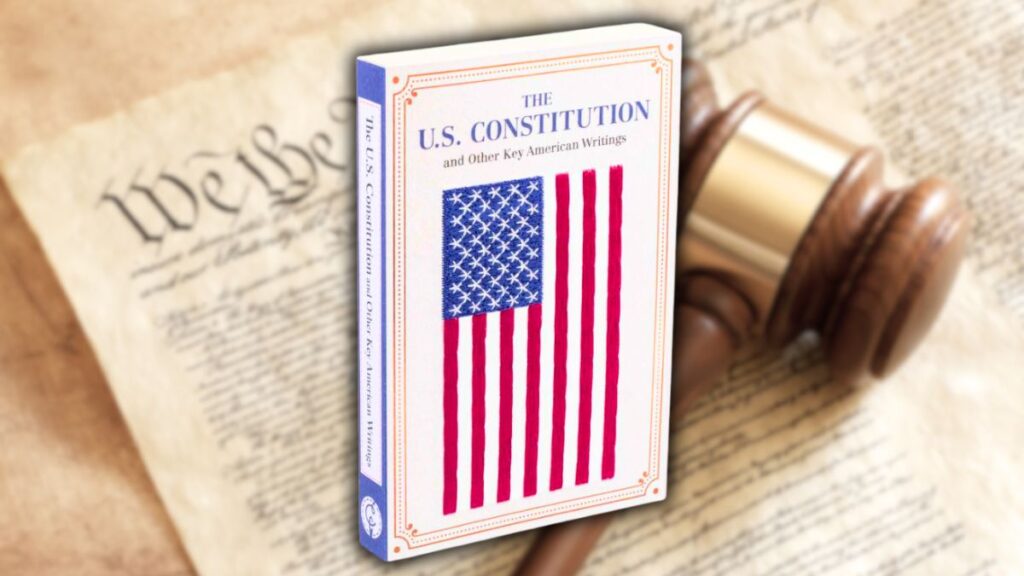By Brian Boone
The U.S. Constitution is so important, and airtight, that it’s extremely hard to amend it. Since the initial document was ratified in 1787, only 16 amendments have been added to the original Bill of Rights. More than 11,000 proposed additions have come and gone—including the following.
Add our embroidered edition of the U.S. Constitution to your library today.
No, lord
In 1810, with the United States still a young country smarting from its separation from England and its structure of royalty and nobility, Congress nearly passed an amendment that would revoke the citizenship of any American who took even an honorary title in another country. For an amendment to be added to the Constitution, three-quarters of all the states’ legislatures have to approve it, but this one fell a couple of votes short.
Out of office
Amidst allegations of corruption and collusion with barons of industry—office-holders were appointed at the time, not elected—the U.S. Senate faced elimination in 1876. The citizens of Potter County, Pennsylvania, proposed a way to end the questionable activities of senators: constitutionally eliminate the Senate. The amendment proposal never reached the halls of the U.S. Senate.
All over the world
The United States expanded rapidly in the late 19th century, and Rep. Lucas Miller of Wisconsin figured the trend would continue until the union comprised every county on the planet. To get ahead of that probability, the first-term congressional representative proposed in 1893 an amendment to rename the country “The United States of Earth.” It didn’t pass; Miller wasn’t elected to a second term.
Not so equal
A constitutional amendment that legally guarantees equal rights—pertaining to employment, property, and marriage—regardless of gender was first proposed in 1923, but didn’t make its way out of Congress for ratification by the states until 1972. After a deadline of 1979 came and went, Congress issued a three-year extension—by which point only 35 states (out of a required 38) had approved the amendment.
That’s rich
In 1933, at the height of the Depression in which the nation’s wealth disparity was at its most glaring, Washington state’s Rep. Wesley Lloyd tried to introduce a constitutional amendment that would make it illegal to be a millionaire. Any income beyond $1 million would be seized by the government and applied to the national debt. Congress, populated by many millionaires, did not pass Lloyd’s idea.
Flagged for later
After the Supreme Court ruled in 1990 that laws banning desecration of the American flag were unconstitutional, Congress tried to change the Constitution. In 1995, the House of Representatives approved the Flag Desecration Amendment, which would allow for the passage of anti-flag-burning laws. The House passed the bill, where it went on to the U.S. Senate and died. This process repeated four times, with the Senate falling one vote short of passage in January 2006.
Where won’t you find any of these near-misses in the annals of government documents? In The U.S. Constitution and Other Key American Writings. It’s out now with a beautifully embroidered cover from Canterbury Classics.









